
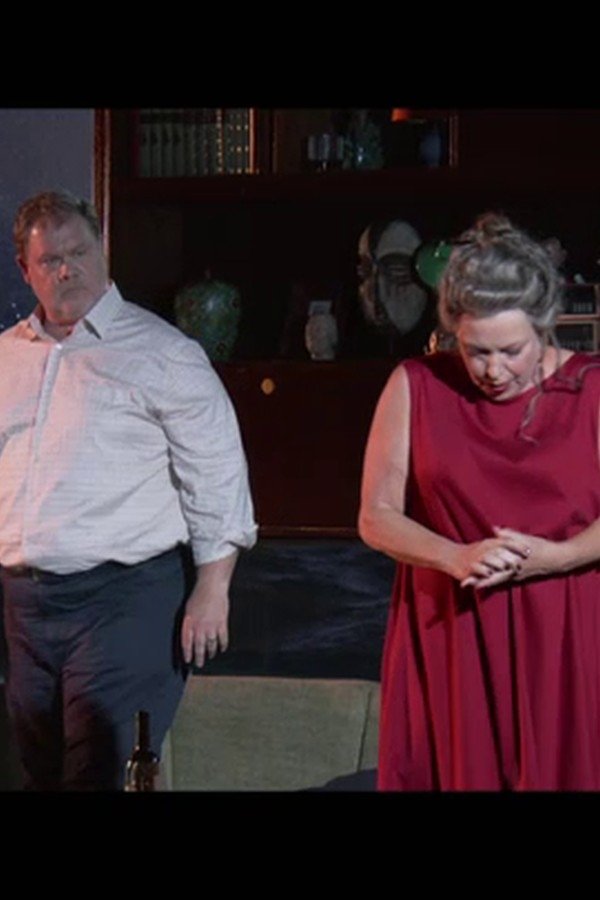
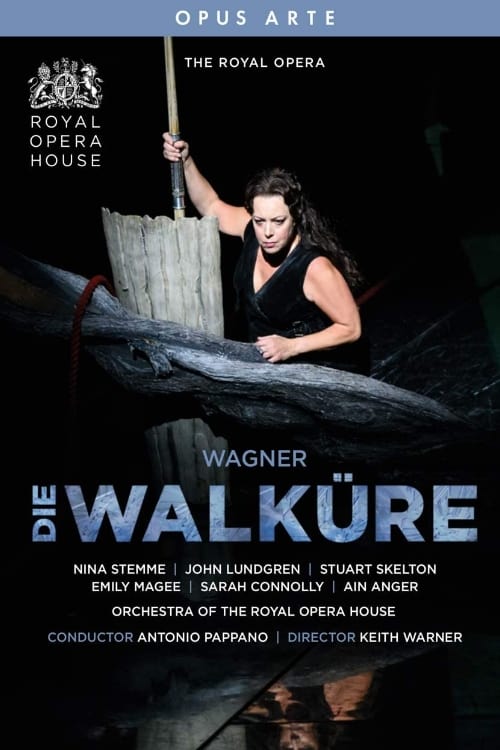
Antonio Pappano conducts a full performance of the second opera in Richard Wagner’s epic Der Ring des Nibelungen. During a storm, Sieglinde gives shelter to a wounded stranger. They find themselves drawn to each other. He is Siegmund, the twin from whom Sieglinde was separated in childhood. Unknown to them, their father is Wotan, the most powerful of the gods. Through Siegmund, Wotan hopes to retrieve a gold ring of ultimate power that he cannot take himself.
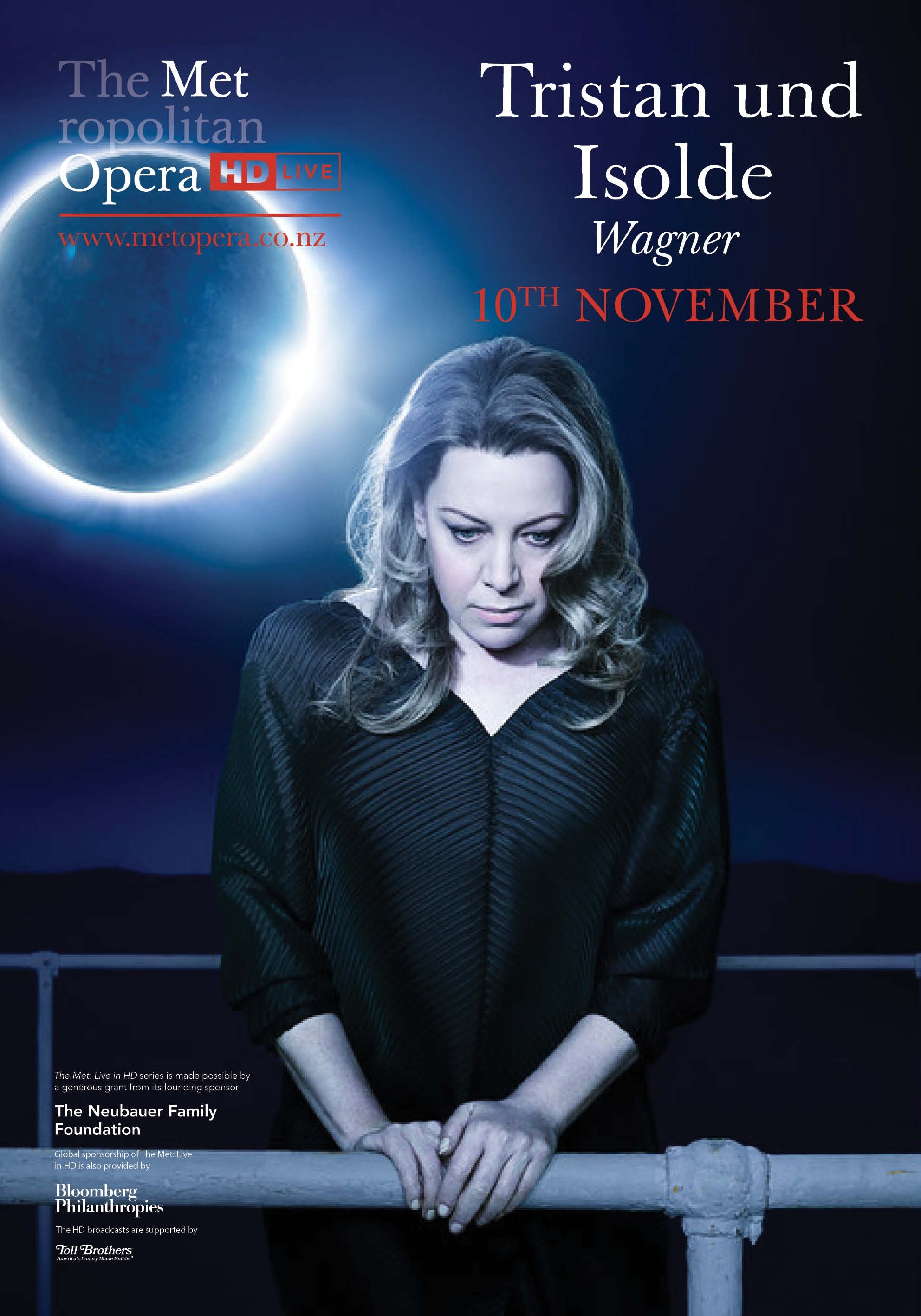
Met audiences were fascinated by Mariusz Treliński’s gripping, visionary production of Wagner’s epic opera. In the daunting title roles of the doomed lovers, Nina Stemme and Stuart Skelton are passionate, overwhelming, and heartbreaking as they battle every obstacle that separates them from their true destiny. René Pape is King Marke, betrayed not only by Isolde but by Tristan, the man he most trusts and loves like a son. With Ekaterina Gubanova as Isolde’s confidante Brangäne and Evgeny Nikitin as Kurwenal, Tristan’s loyal lieutenant. Simon Rattle conducts a surging, shimmering account of Wagner’s monumental score.
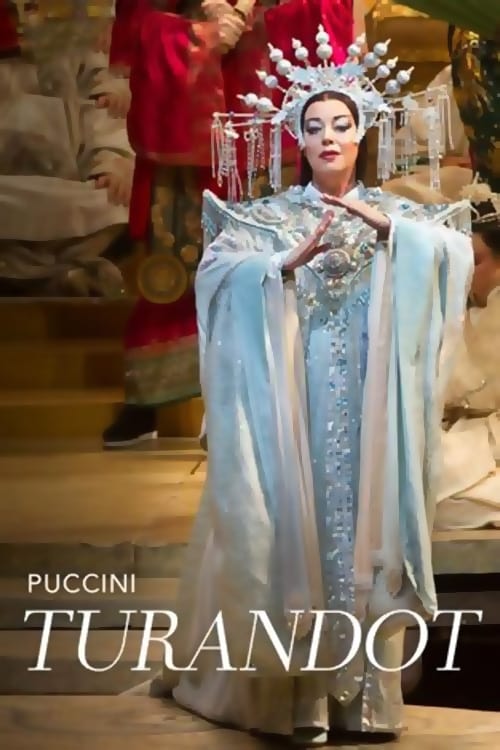
Franco Zeffirelli’s golden production stars the great dramatic soprano Nina Stemme as Turandot, the icy Chinese princess who has renounced all men. Marco Berti is Calàf, the unknown prince who solves Turandot’s riddles and wins her love. Anita Hartig sings Liù, the faithful slave girl who gives her life to save Calàf, and Alexander Tsymbalyuk is Timur. Paolo Carignani conducts.
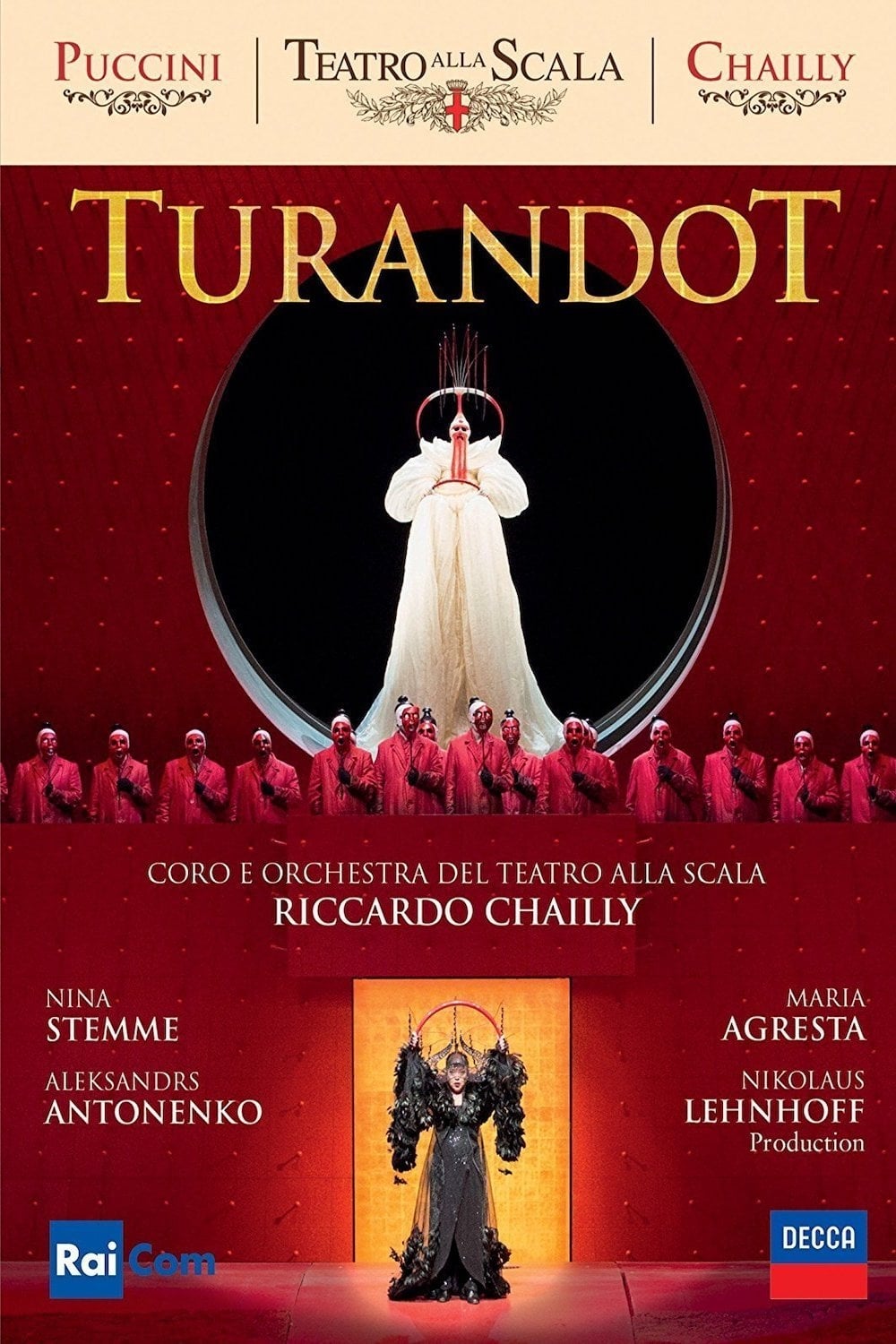
Visually this is a gripping production which captures the drama of this opera perfectly. It's downright exciting! and I found the singing, acting, and orchestral playing reasonably fine. I found only one major problem with it, a problem that kept Puccini for quite a few years. Turandot has been looking for an opportunity to kill Calif and Calif has singlemindedly tried to get Turandot to love and wed him focusing on her and ignoring a better looking girl who loves him truly. The problem is how to get the audience to applaud the match once Calif gets his wish. Puccini couldn't figure out how to do it. The traditional quick ending doesn't do it, and Berio's attempt is longer , tries its best, but ends up making it plain this is one wierd couple.
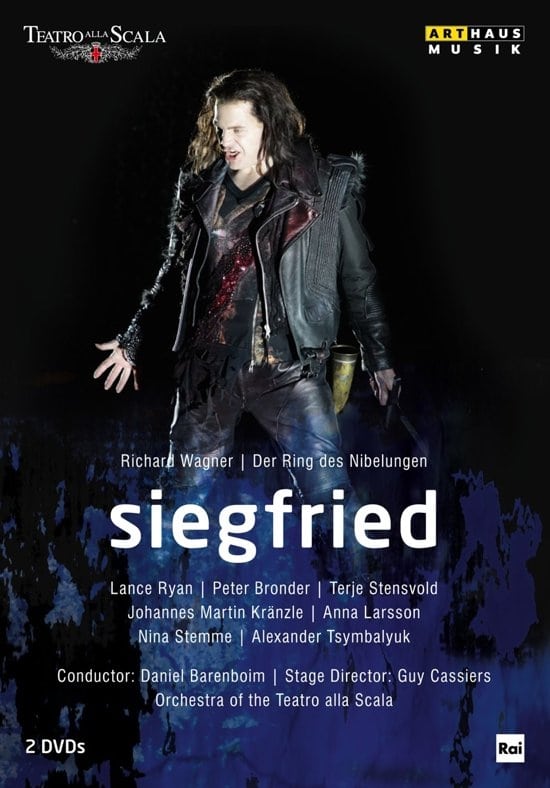
In Siegfried, the “Second Day” or third evening of the Ring Cycle, we meet the pivotal hero of the epic tale. The energetic drive from Die Walküre is pursued here while Siegfried finally recaptures the mighty ring from Fafner the Dragon and awakens Brünnhilde from her penal sleep on the great rock. Lance Ryan, having interpreted this role on the greatest stages of the world including the Bayreuth Festival, portrays the naïve hero. His antagonists are Peter Bronder, great and agile as Mime, Terje Stensvold, an experienced Wanderer and Johannes Martin Kränzle, who continues his mean and deceitful depiction of Alberich. The leading ladies are Nina Stemme, once again unrivalled as Brünnhilde and Anna Larsson, moving as the God-mother Erda.
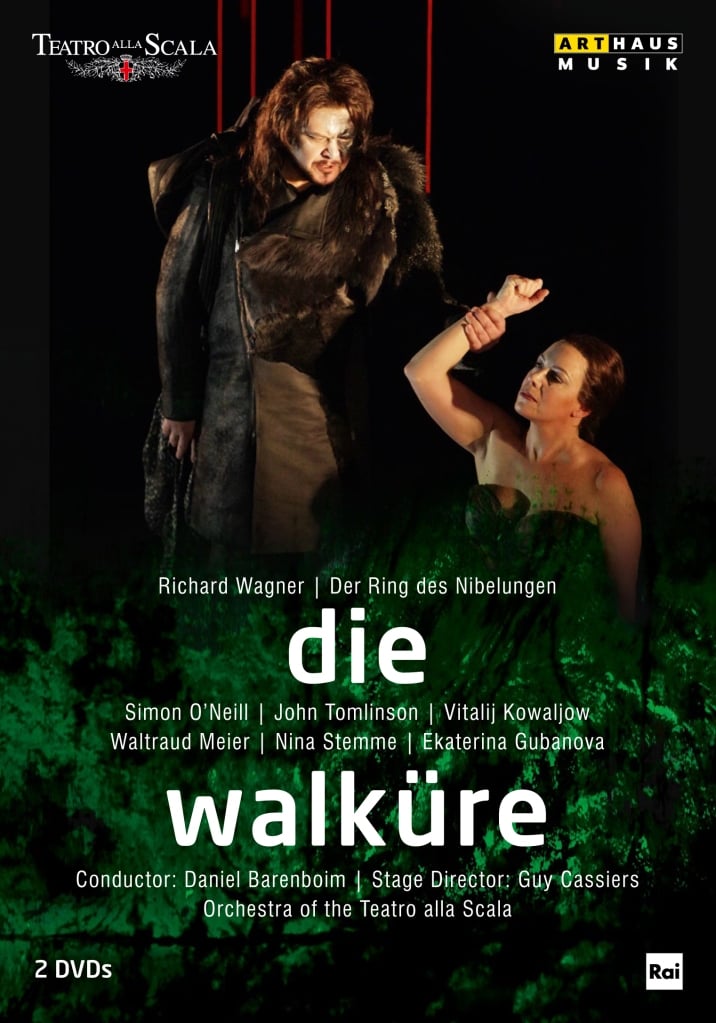
Richard Wagner called Die Walküre the “first evening” of the Ring of the Nibelung; he called Das Rheingold the prologue or Vorabend. Musically and dramatically, we are introduced to a radically new and different world when the opening bars of Die Walküre resound. A fully developed orchestral palette of Leitmotivs paints a wild storm scene, and the curtain rises on a modest dwelling: a fully human scene that has nothing to do with the gods, dwarves and nymphs of Das Rheingold. At the same time, however, the way Die Walküre portrays radical beginnings reveals some telling reminiscences of the unfolding of Das Rheingold. Die Walküre is exciting and deeply feeling drama.
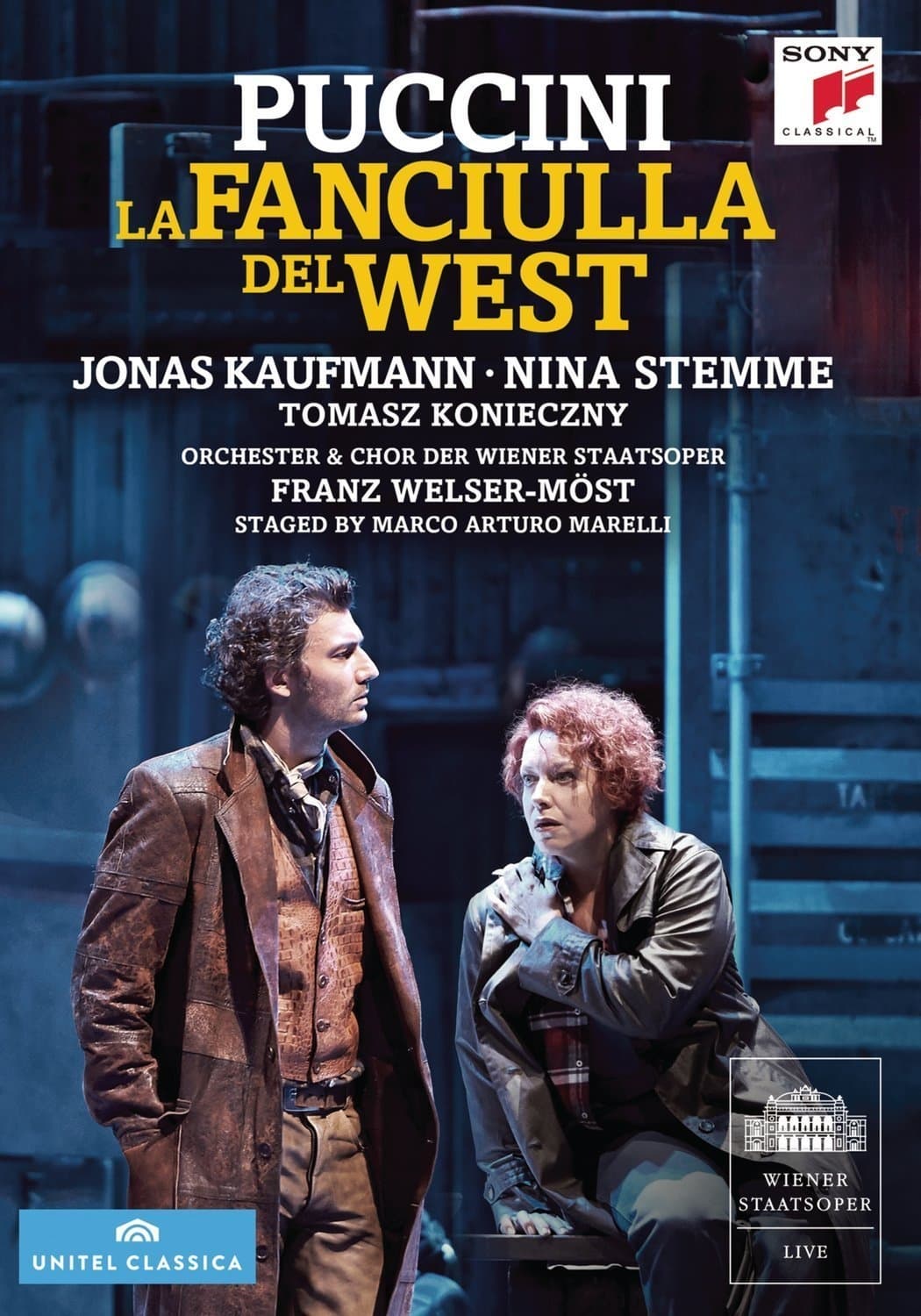
A celebrated new production of Puccini’s La fanciulla del West from the Vienna State opera featuring Jonas Kaufmann and Nina Stemme. Staged by Marco Arturo Marelli, who sets it in a modern-day mining village, with the feel of a gritty modern drama, during the American gold rush of 1849. An unlikely setting for an Italian opera, but one that has a happy ending. It tells the tale of Minnie, the bartender in the saloon whom all the local men adore, and Dick Johnson alias Ramerrez, a notorious bandit. Dick and Minnie fall in love on first meeting, so much so that he vows to change his life as a bandit, sung by two contemporary great singers: Nina Stemme and Jonas Kaufmann. A new production from Marco Arturo Marelli brought one of Puccini’s rarely performed works to the Vienna State Opera stage in September 2013. Jonas Kaufmann in his role debut as the wanted and notorious bandit Ramerrez proves ideally cast, full of power, with his breathtakingly beautiful baritone timbre.
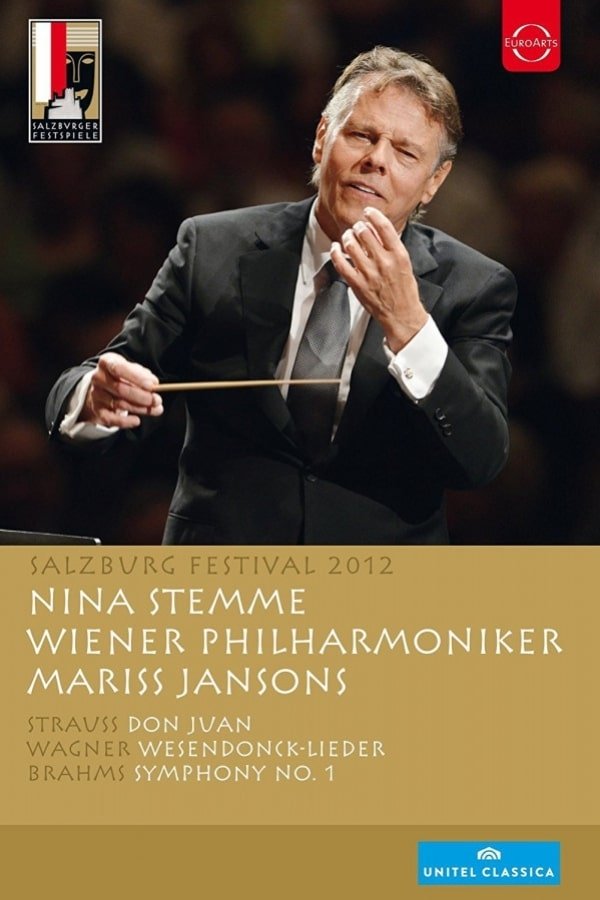
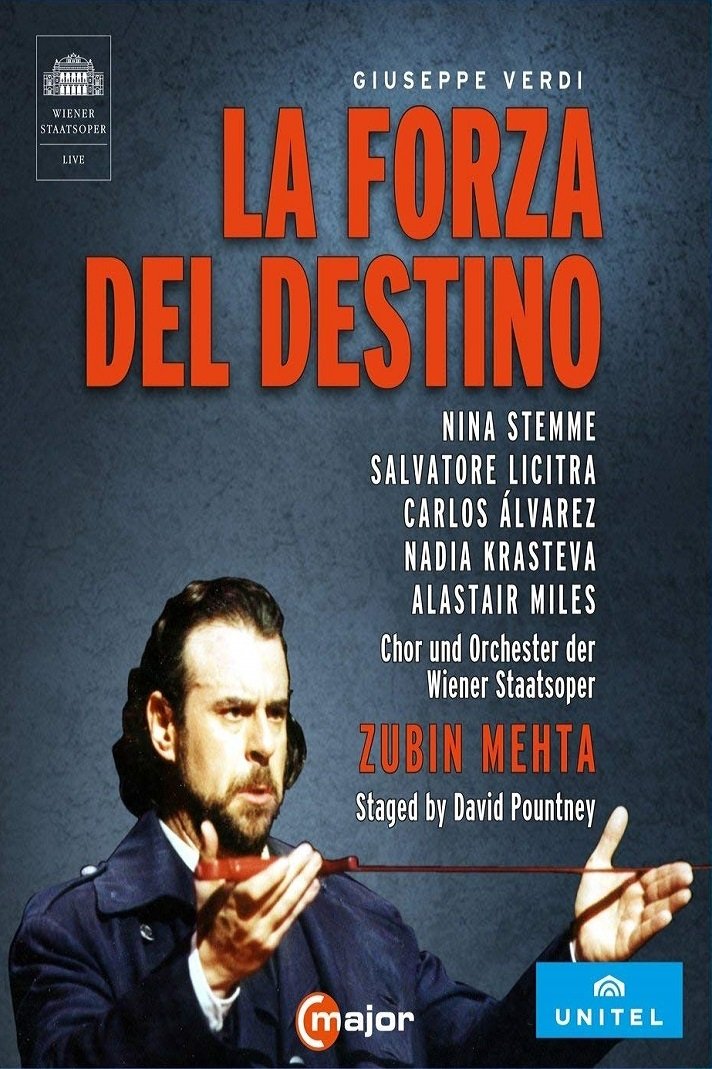
The cast is a dream team wrote the Financial Times after the premiere of this production of Verdis La forza del destino at the Wiener Staatsoper. Topping the list is Nina Stemme, who gives a full-blooded portrayal of Leonora. Passionate forceful readings are also provided by Salvatore Licitra as Alvaro and Carlos Álvarez as Don Carlo. Zubin Mehta leads Staatsoper Orchestra with agility, subtleness and relaxed mastery, and right from the start David Poutney establishes an atmosphere of entrapment by fate. With the aid of a bizarre, unforgettable stage construction, the acclaimed director finds an ideal setting to illustrate the merciless powers of chance and destiny.
Nina Maria Stemme"is regarded by today's opera fans as our era's greatest Wagnerian soprano". In 2010, Michael Kimmelman wrote of one of Stemme's performances in Richard Wagner's opera Die Walküre, "As for Brünnhilde, Nina Stemme sang gloriously. It's hard to recall anyone's sounding more commanding or at ease in the part, and that includes Kirsten Flagstad"
By browsing this website, you accept our cookies policy.